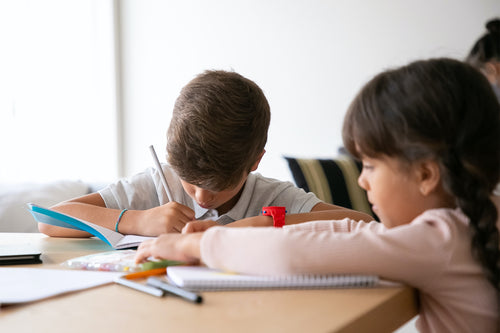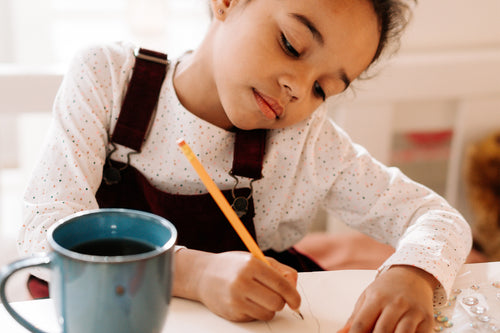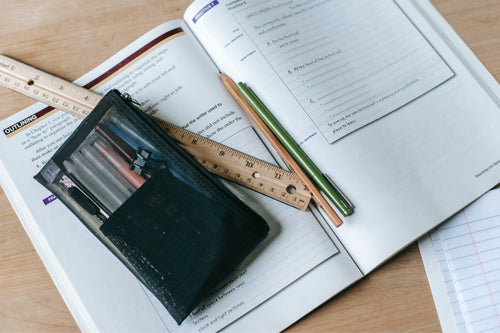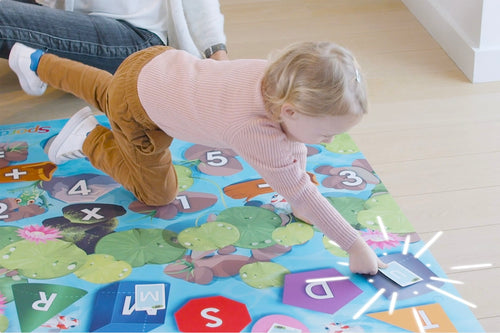What if we tried to be a little less emotional? We love them and we want the best for our children, that's normal! You can be proud of them or worried about them, but you shouldn't let them know that you're disappointed in them. Let's remember that their report card is not our evaluation of whether or not we are a good parent, but a picture of their school progress. So the report card arrives at home. What do we do?
I'm Jessica Rousseau, aka MamanÉducatrucs, special education technician and family coach. Here are some tips to better welcome your child when the report card arrives.
Some friendly reminders
Each child has his own way of learning, and many factors can influence his pace (like age and brain maturity!).
There are many forms of intelligence (auditory, visual, kinesthetic) and many ways to communicate (written and verbal, for example).
Your child may have a hard time reading, but he is hard to pin down in an oral presentation. He solves math problems in his head, but his handwriting is so unreadable that he always loses a lot of points on the exam.
He solves mathematical problems in his head with flying colours, but his handwriting is so illegible that he always loses a lot of marks on the exam.
It is important to keep in mind that although the report card is important, it does not reflect everything about our child.
Reading the report card should consider your child specifically.
Ask him questions
Before acting, focus on your child's feelings about HIS report card. Listen to him, stay open to their explanations and ask them some questions.
-
What do you think?
-
What do you think is your greatest achievement?
-
What do you find most difficult?
-
Do you want to set a goal?












Leave a comment